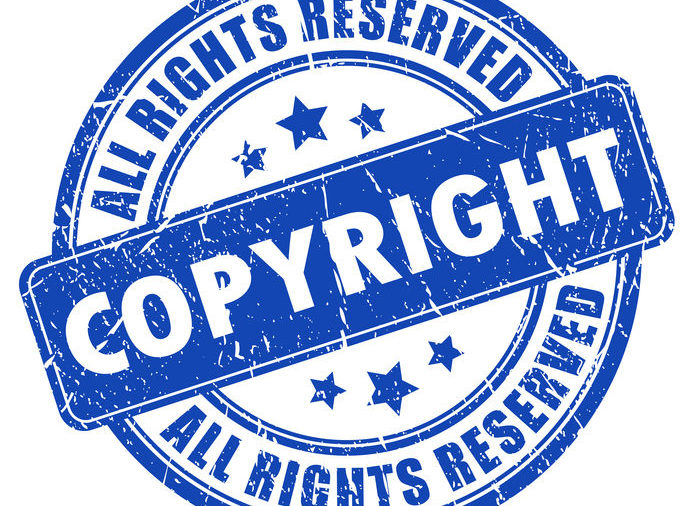Confused by copyrights? They are confusing.
However, no need to freak. Here’s a simple primer of copyright info. You can find more explanations on the Internet, in Writer’s Market (the annual book) and in the links I’ve provided at the end. Or you can ask me.
All Rights: Many emerging writers are uncomfortable about copyrights and say, “I’ll never sell all rights to my work. That’s just not right.” Okay, corny, but the truth is, sometimes we write material that has no other possible application and/or we’re building a platform and need clips so we sell all rights.
Don’t be fearful of doing that. Don’t fuss with editors if they ask for all rights? You can inquire as to why, but if selling all rights to, say, an article means getting $$ and a clip to build your credibility, then do it. The truth is if you love a topic that much, you can find a different slant (an angle) and revise the topic and write about it again.
Yes, once you sell all rights, the material belongs to another. It’s like selling a car. You sell it to Ms. X and she pays you money. You cannot then take it back and sell it to Ms. Y.
Electronic Rights: Electronic rights refer to a publisher acquiring your writing and putting on the Internet or other e-style source yet to be developed. Sometimes e-rights will be included with other types of rights. However, if the publisher only wants e-rights, ascertain that you can still own and/or sell the print rights.
Exclusive Rights: Sometimes editors and publishers want to have control of all the rights for a topic or manuscript for a certain amount of time, especially if it’s time sensitive or a true media scoop. One the allotted time is over, you’re free to market it elsewhere. Just make sure that you know when the exclusive period ends.
First North American Serial Rights: Typically, this is the type of copyright most writers deal with here in North America. Like when we were kids, these are “firsties.” Hence after a certain period of time, the copyright on whatever you sold reverts back to you. You’ll want to, once more, know when that’ll happen.
First Serial Rights: Same as above but worldwide.
Reprint Rights: “Reader’s Digest” and countless other pubs (publications) use articles that have previously been published. When you sell the FNASR, for instance, and get the copyrights to your article returned, you are free to resell the same piece of writing, but as a reprint. You’ll need to inform the editor of where and when it’s been published.
Subsidiary Rights: These rights are transferred as you license excerpts of your writing, electronically or in various applications to other venues, from foreign rights to film rights to merchandized based on whatever you’ve written. These typically are for books.
Worldwide Rights: That means exactly what it says. You’re selling your writing to a publisher or magazine editor who then can use it however she/he wants throughout the world.
More info: Don’t be intimidated. Editors all know that writers must ask questions and doing so is okay. For more information on Copyrights, check out these links.
“Rights: What They Mean and Why They’re Important,” by Marg Gilks, wwww.writing-world.com/rights/rights.shtml
“Publication Rights for Freelance Article Writers,” www.freelancing.com/get-paid-more/publications-rights-for-freelancewriters/
“Protecting Your Work the Right Way: Copyright and Usage Rights for Freelance Writers,” www.freelancewriting.com/feature-articles/copyright-and-usage-rights/
©Eva Shaw

Thanks, I appreciate it this in layman’s terms.
Thanks for all the information and links to pursue. I do have a question, though. If you sell the rights to your writing piece, does the “new owner” have to publish your name whenever they use the piece? Do they have rights to edit, crop, omit information because they now own the piece? Does selling your rights also release you from liability? How is writing in blogs protected?